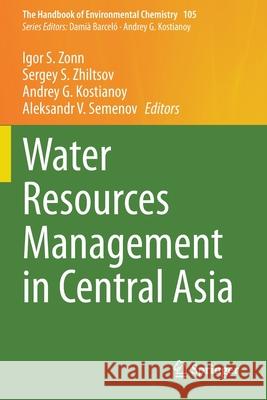Water Resources Management in Central Asia » książka
topmenu
Water Resources Management in Central Asia
ISBN-13: 9783030579883 / Angielski / Miękka / 2021 / 197 str.
Water Resources Management in Central Asia
ISBN-13: 9783030579883 / Angielski / Miękka / 2021 / 197 str.
cena 1610,24
(netto: 1533,56 VAT: 5%)
Najniższa cena z 30 dni: 1542,20
(netto: 1533,56 VAT: 5%)
Najniższa cena z 30 dni: 1542,20
Termin realizacji zamówienia:
ok. 16-18 dni roboczych.
ok. 16-18 dni roboczych.
Darmowa dostawa!
Kategorie:
Kategorie BISAC:
Wydawca:
Springer
Seria wydawnicza:
Język:
Angielski
ISBN-13:
9783030579883
Rok wydania:
2021
Wydanie:
2020
Numer serii:
000177320
Ilość stron:
197
Waga:
0.30 kg
Wymiary:
23.39 x 15.6 x 1.12
Oprawa:
Miękka
Wolumenów:
01
Dodatkowe informacje:
Wydanie ilustrowane











